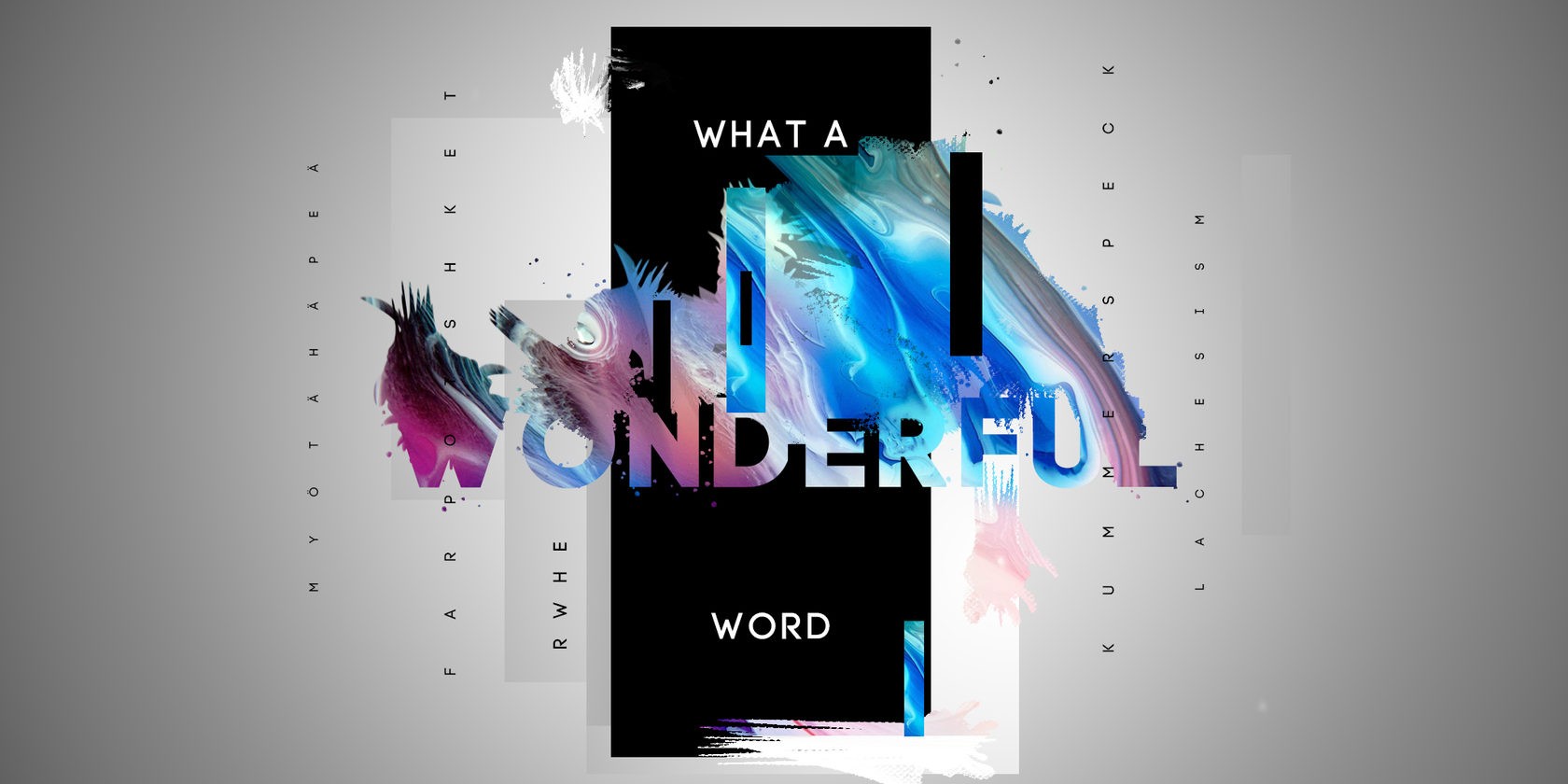What a Wonderful Word: Things We All Know but Fail to Name

Not any more.
Our minds proceed faster than languages – as a result, we often happen to experience emotions or states that we cannot identify. Why? Just because there’s no word for this or that feeling and idea. Or at least not in English…

Luxora team is kinda familiar with the abovementioned situation, so we decided to search for some most interesting words we all need to express our emotions sometimes, or to name something with one word instead of giving an explanation as long as life.
By the way, that is word 1: Exulansis.
The word was first mentioned in The Dictionary of Obscure Sorrows by John Koenig – and is actually a neologism. The meaning is the following: the tendency to give up trying to talk about an experience because people who have never tried it themselves will never understand you. Happens quite often actually! You may spend thousands of words and hundreds of minutes to explain it, and you may still fail.
Word 2: Myötähäpeä.
This is a Finnish “invention”, but people all over the world know that it feels like. It is the situation when a person whom you may not even know does some silly or stupid things, but it’s you who feel ashamed.
Word 3: Rwhe (South African Tsonga language).
Means “to fall naked and dead drunk to the floor and fall asleep at once”. Probably, “rwhe” is the only sound a person can say in condition like that.
Word 4: Tartle (Scots).
We all hate forgetting words, but having forgotten a person’s name when we need to introduce him/her to another person is a real disaster. And that what tartle is.
Word 5: Lachesism.

One more pearl of The Dictionary of Obscure Sorrows. It means “the desire to be struck by disaster – to survive a plane crash, to lose everything in a fire, to plunge over a waterfall”, thus your life will definitely acquire some spice, hardness and sharp feelings. Well, an unusual concept, but you may be surprised how many people actually feel that lachesism.
Word 6: Kummerspeck.
Literally means “bacon of sorrow” from German. Now you know how to call that uncontrolled desire (and action) to eat all the food you come across when you’re depressed or upset.
Word 7: Drachenfutter.
German husbands use this word (means “food for a dragon”) as a collective name for some small gifts like chocolates, perfumes or any other individually adored things, that they buy for their wives after a slight scandal (like he got drunk with pals and turned home in the morning, or broke a vase etc.).
Word 8: Farpotshket (Yiddish).
Imagine you’re trying to fix something (not important, a bookshelf or a microprocessor), but this item breaks down for good. This item is now a farpotshket.
Word 9: Jayus.
People in Indonesia use this word to identify a stupid, dumb, improperly said joke that is inappropriate that much that becomes really funny. Now you know how to justify silly jokes: “It’s not a joke, it’s jayus!”
Word 10: Craic (Gaelic Irish).
It’s used to refer to a nice talk in a good company of close friends, where nobody makes fun of you even if you crack a jayus.
They say we often take some words from each other’s languages… Where were all that ones before?!
Did You Like This Article?
Our Other Articles
 17 mins read
Healthcare PPC: Guidelines and Best Practices in Medical Advertising for 2024
Healthcare PPC Best Practices
17 mins read
Healthcare PPC: Guidelines and Best Practices in Medical Advertising for 2024
Healthcare PPC Best Practices
 23 mins read
Healthcare SEO: Top SEO Strategies for Medical Practices in 2024
The Ultimate Guide to Healthcare SEO
23 mins read
Healthcare SEO: Top SEO Strategies for Medical Practices in 2024
The Ultimate Guide to Healthcare SEO
 15 mins read
10 Best Dental Marketing Agencies for 2024
Best Dental Marketing Agencies
15 mins read
10 Best Dental Marketing Agencies for 2024
Best Dental Marketing Agencies
 15 mins read
Top 10 Insurance Marketing Agencies for 2024
Best Insurance Marketing Agencies
15 mins read
Top 10 Insurance Marketing Agencies for 2024
Best Insurance Marketing Agencies
 13 mins read
10 Presentation Design Agencies to Look Out for 2024
Presentation Design Agencies
13 mins read
10 Presentation Design Agencies to Look Out for 2024
Presentation Design Agencies
 12 mins read
8 Best Integrated Marketing Agencies in 2024
Best Integrated Marketing Agencies
12 mins read
8 Best Integrated Marketing Agencies in 2024
Best Integrated Marketing Agencies
- How Luxora works
- How you can do marketing at scale better, faster and cheaper
- How we’re different from agencies, freelancers and in-house marketing teams (hint: we’re 15x faster than hiring!)
- The most suitable subscription plan for your needs





